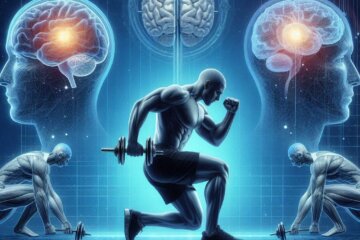Fixed vs. Growth Mindset
Overview & Description:
This concept is based on the work of psychologist Carol Dweck. It revolves around beliefs about abilities and potential:
- Fixed Mindset:
- Individuals believe that their abilities, intelligence, and talents are fixed traits. They think these traits are static and cannot be changed regardless of effort.
- They tend to avoid challenges to avoid failures, may give up easily, and often feel threatened by the success of others.
- Growth Mindset:
- Individuals believe that abilities and intelligence can be developed over time through dedication, effort, and hard work.
- They see challenges as opportunities to learn and grow, are resilient in the face of setbacks, and are inspired by others’ success.
Implications:
- Education: Educators can foster a growth mindset in students, leading to increased motivation, resilience, and better academic outcomes.
- Workplace: Organizations with a growth mindset culture tend to have employees who feel more empowered, committed, and supportive of one another.
- Personal Development: Adopting a growth mindset can lead to a more fulfilling life, as individuals become more open to challenges and continuous learning.
- Mental Health: A growth mindset can bolster resilience, helping individuals cope better with setbacks and challenges.
Challenges & Considerations:
- Overemphasis: While the growth mindset is beneficial, it’s crucial not to overlook other factors like individual differences, aptitudes, and external circumstances.
References:
- Dweck, C. S. (2006). Mindset: The new psychology of success. Random House Incorporated.




0 Comments